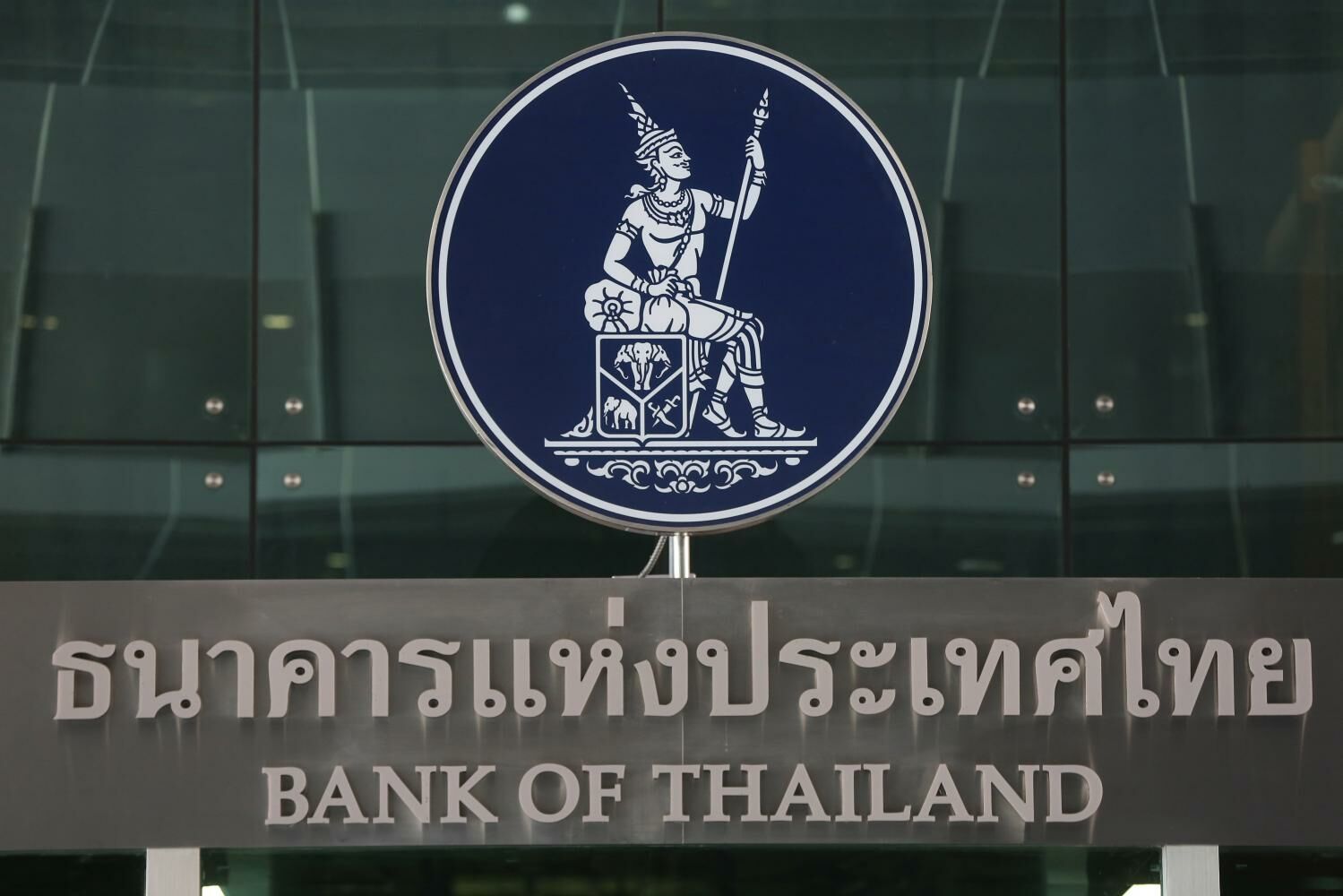Thailand’s central bank bans prepayment charges in new lending regulation

The Bank of Thailand (BoT) has introduced a new responsible lending (RL) regulation that bans charges for debt prepayment and restructuring across all consumer loan products. The regulation, which comes into effect on January 1, impacts various financial institutions such as banks, non-banks, asset management companies, and specialised financial institutions. However, the ban does not apply to fees for mortgage loan refinancing within the first three years of the loan term.
Suwannee Jatsadasak, the central bank’s assistant governor for the supervision group, clarified that the new regulation applies to all consumer loan products. The BoT’s aim is to maintain fair pricing for both service fees and interest rates charged to consumers and borrowers by financial institutions.
On the issue of the wider net interest margin between deposit and loan interest rates in the banking sector, the central bank intends to carry out further discussions with banks. The regulator is also keeping a keen eye on the stability of the financial system.
The central bank’s household debt resolution plan includes assisting debtors with revolving personal loans, specifically those with low income and persistent debt. The goal is to enable them to fully repay their loans within five years at an interest rate that does not exceed 15% per year. This is significantly lower than the current ceiling rate for personal loan products, set at 25%, reported Bangkok Post.
The new persistent debt measures are scheduled to be enforced from April 1. This timeline is designed to allow creditors enough time to adjust their operations and gradually apply the measures based on the debtor’s income level.
The BoT also announced plans to ban financial institutions from imposing compound interest on personal overdraft loans from July this year.
The RL regulation is a strategic move aimed at controlling the country’s household debt over the long term. These measures contributed to the decrease in Thailand’s household debt to 90.9% of GDP in the third quarter of 2023, a decrease from 91.4% at the end of 2022.
The central bank believes that the lower debt-to-GDP ratio is a result of economic growth and reduced debt creation. Suwannee explains that the RL measure is expected to improve loan quality in the household sector, which will in turn stimulate long-term economic growth and steadily reduce the debt-to-GDP ratio.
Latest Thailand News
Follow The Thaiger on Google News:


























